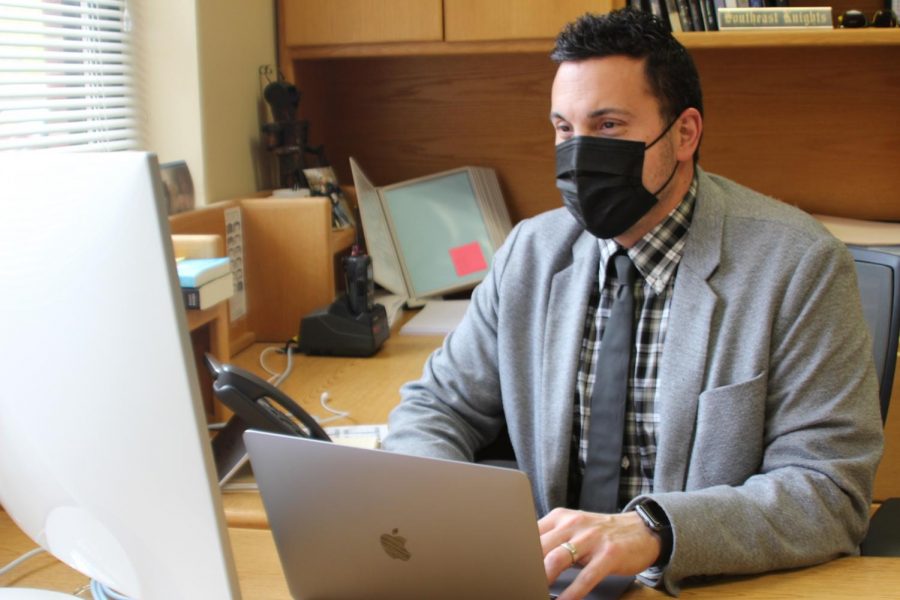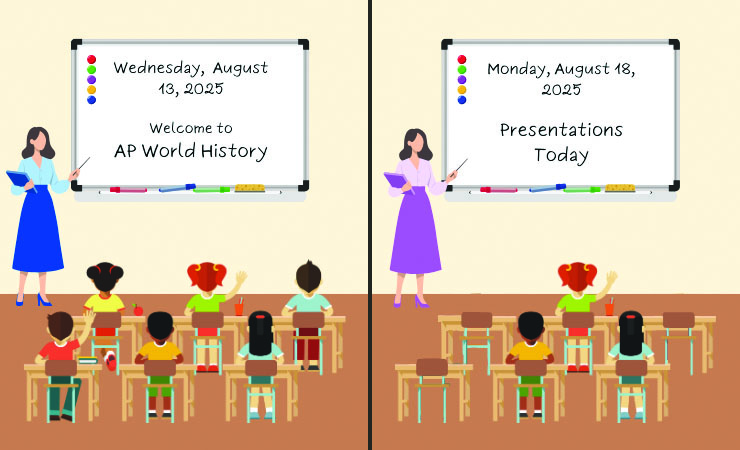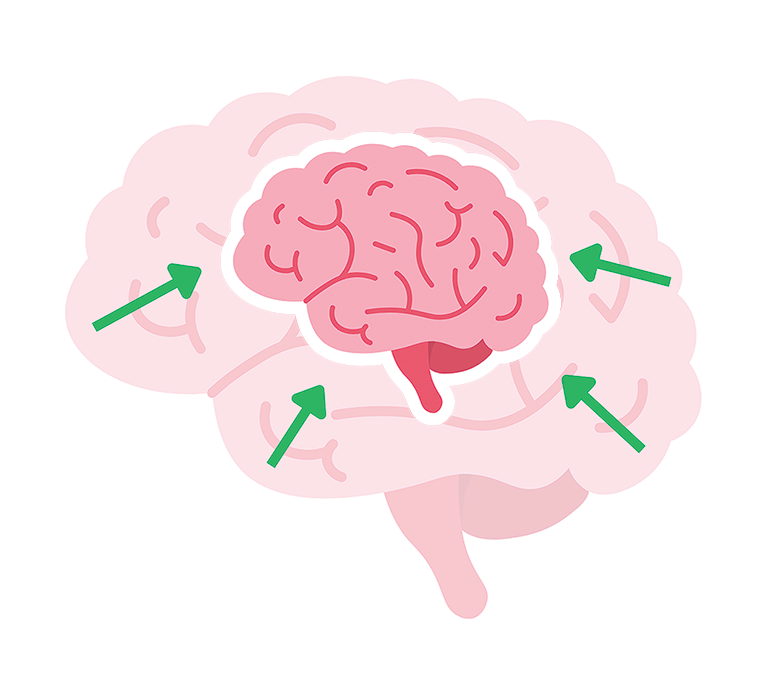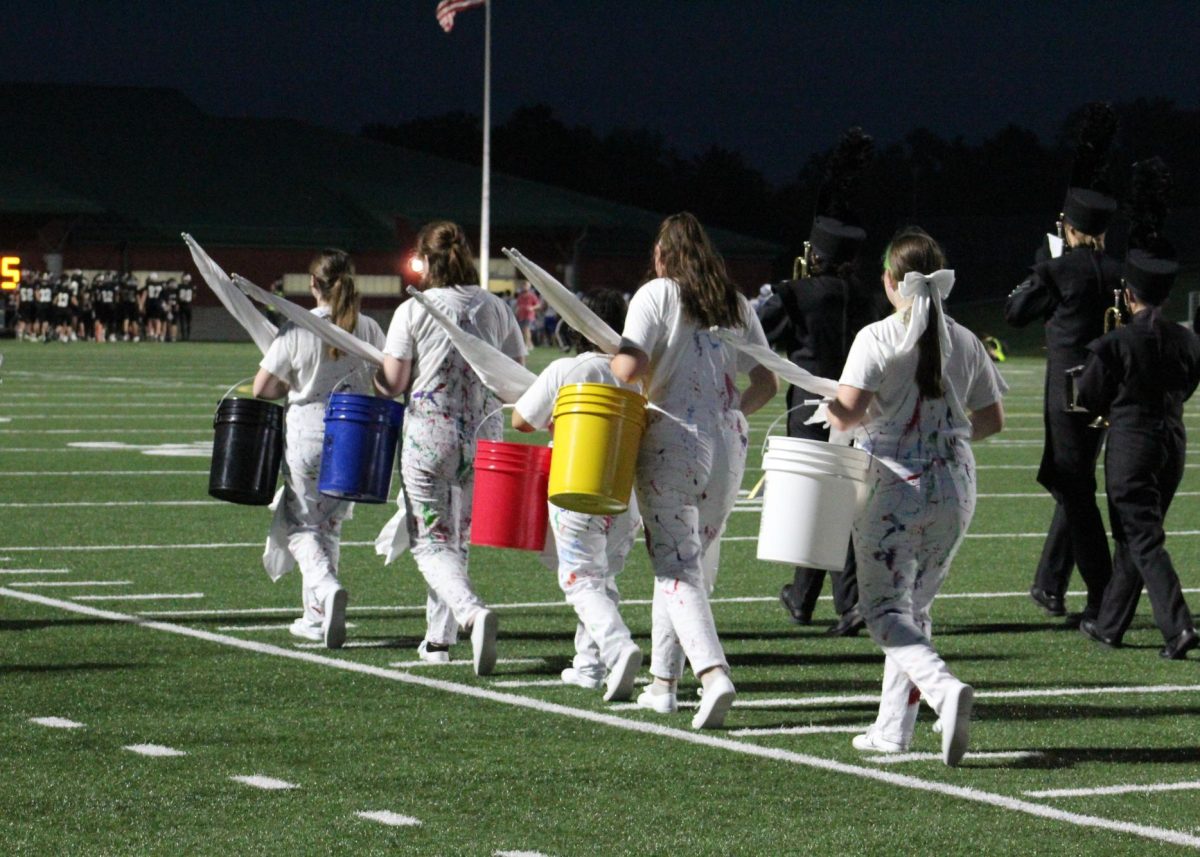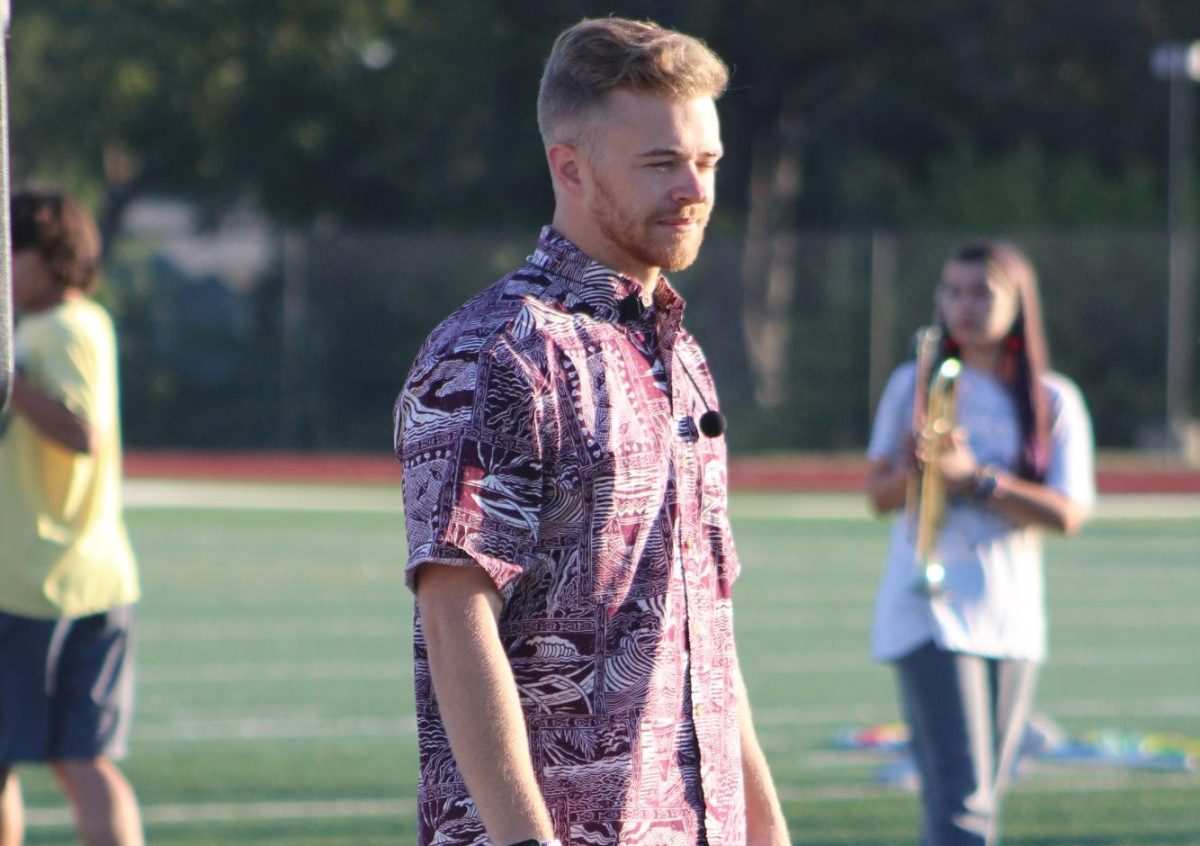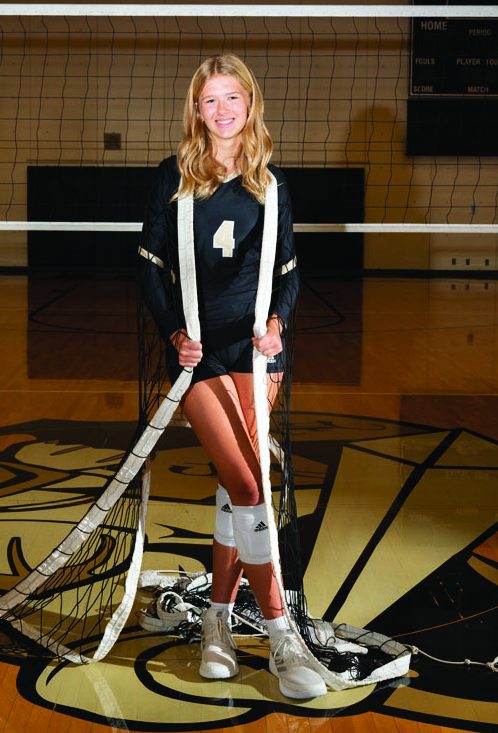Resilience: looking back to the beginning of the school year and looking forward to what’s to come with Principal Penrod
May 18, 2021
At the beginning of the year, there was one word that was used to represent how school staff and students alike were feeling regarding education during the pandemic– overwhelmed. As teachers struggle to adapt to the social and academic needs of students, encounters with technological problems only exacerbated the situation. Every day consisted of inboxes flooded with emails and a continuous change of plans. However, as LSE is approaching the end of the school year, a different word can be used to describe our attitudes and productivity– resilience.
Resilience was the word LSE Principal Tanner Penrod used to express Southeast’s ability to adapt and change in regards to the dynamics of the school year. With the perspective of a father and an administrator, Penrod prioritizes a safe and welcoming environment when considering how to manage a school. Thus, a learning environment in which students are prioritized as an individual is one that Penrod believes produces the most success.
“I started teaching swimming lessons when I was at a really young age with my mother,” Penrod said. “I was probably 12 or 13 years old… and I liked the concept of helping somebody do something that they didn’t think they would be able to do and seeing growth and change over time. My philosophy with education is that both students and teachers should feel comfortable and safe in an academic environment before we can even consider what the learning process needs to look like.”
Penrod has had an abundance of experience as an educator before his position as principal of Southeast, and his passion for creating a productive and positive school environment continues. Coming into the position of principal during the pandemic, Penrod faced new responsibilities regarding a change in procedures and had to set unprecedented goals for both students and staff. However, to Penrod, it is important to find a balance between focusing on pandemic protocols and the emotional and social aspect of the school. Aside from COVID-19, it is especially crucial to consider the need for equity in a learning environment after many social justice movements have gained prominence, and Penrod makes it his goal to sustain LSE’s ability to facilitate open discussions and provide the necessary resources for both students and staff to feel comfortable and included.
“Early in the school year I think we did a better job of equipping staff to have difficult conversations in classrooms tied to race, equality, inclusivity, and social justice,” Penrod said. “I think we were off to a good start in the first semester, but as we transferred into the second semester we lost some of that momentum. That’s something I want to continue working on. We established a multicultural leadership cadre that I think has a potential to be instrumental in leading our equity and social justice efforts into the future, so I’m excited to work with this group in the summer and the fall to continue these efforts into next year.”
However, Penrod has witnessed a great change in not only the students’ and staff’s response to the dynamics of the school year but also a vast difference in attitudes, which allow for more academic success. As students transitioned to learning at school full-time, there seemed to be a weight lifted off of teachers, who no longer had to divide their attention between A, B, and Z students. This allowed for greater connections between students and staff, and the value of in-person interactions became apparent. Thus, LSE’s academic triumphs are due to the resilience of the students and staff, who were able to adapt and collaborate with one another to ensure academic success.
“I was pleasantly surprised with how cooperative everybody was and how much everyone wanted to pitch in and do what’s right in order for us to stay in school,” Penrod said. “The fact that people have remained so positive and productive and the level of collaboration between staff and students is special to Southeast. People being willing to step up and support each other is something I have seen throughout the school year.”
With optimism stemming from the hopes of a successful end to the school year, Penrod wants to prevent the fatigue tied to the last year’s hardships from negatively impacting the academic outcomes for students. This requires a conscious effort from both students and staff to ensure a productive and positive environment, and allowing students to return to school full-time has aided that goal. Through this, we can expect to finish the school year with the enthusiasm in which we started.
“I feel a different energy right now with more people being in the building,” Penrod said. “I think socially, it is very healthy for students to be back in person and see each other interact with their friends and interact with their teachers. I think the school year has proven to us that we all value in-person interactions more than we might’ve thought. But throughout the school year, the constants are positivity, hard work, and resilience, and I am proud of both staff and students alike. It’s always important to care for one another, work hard, and set goals.”

